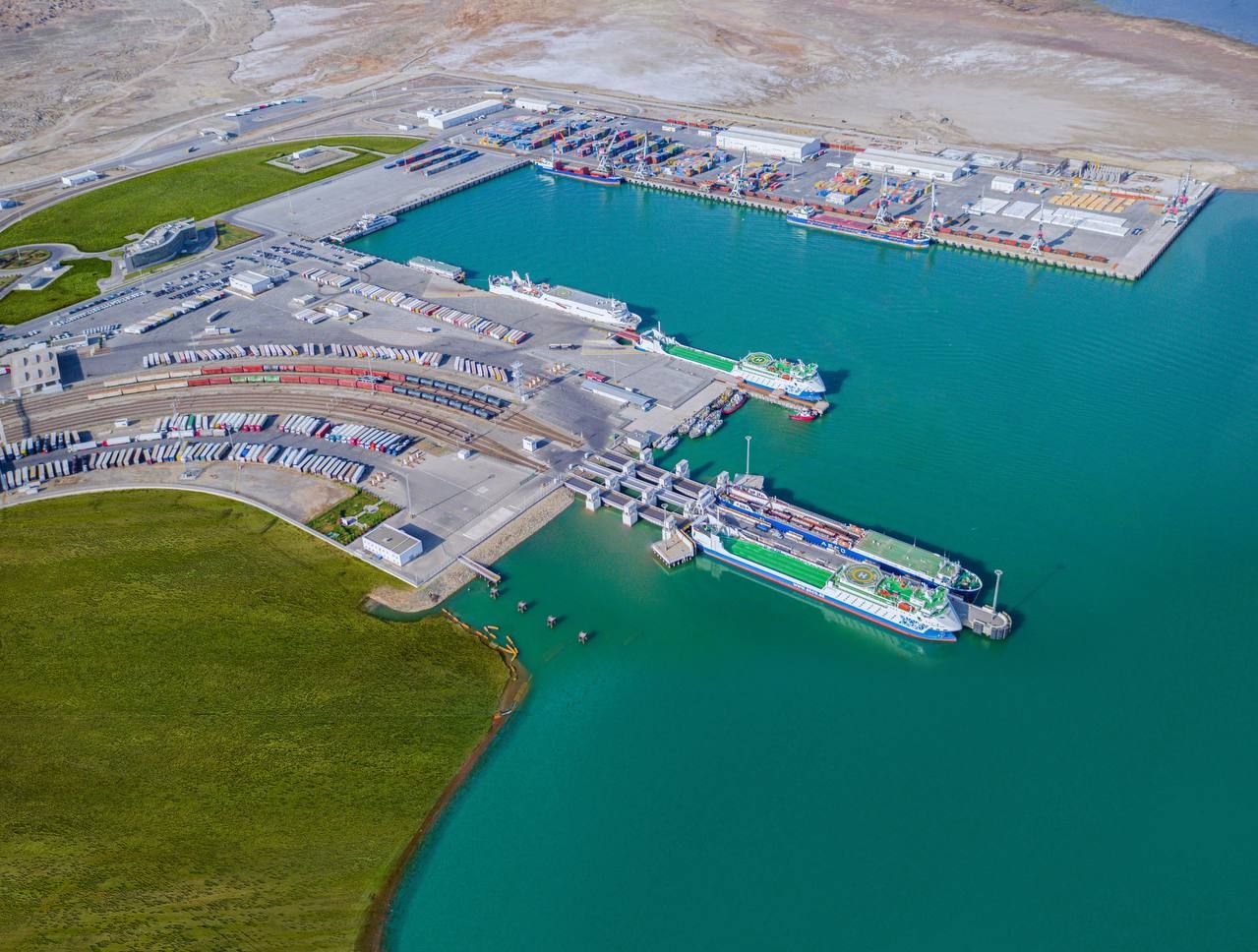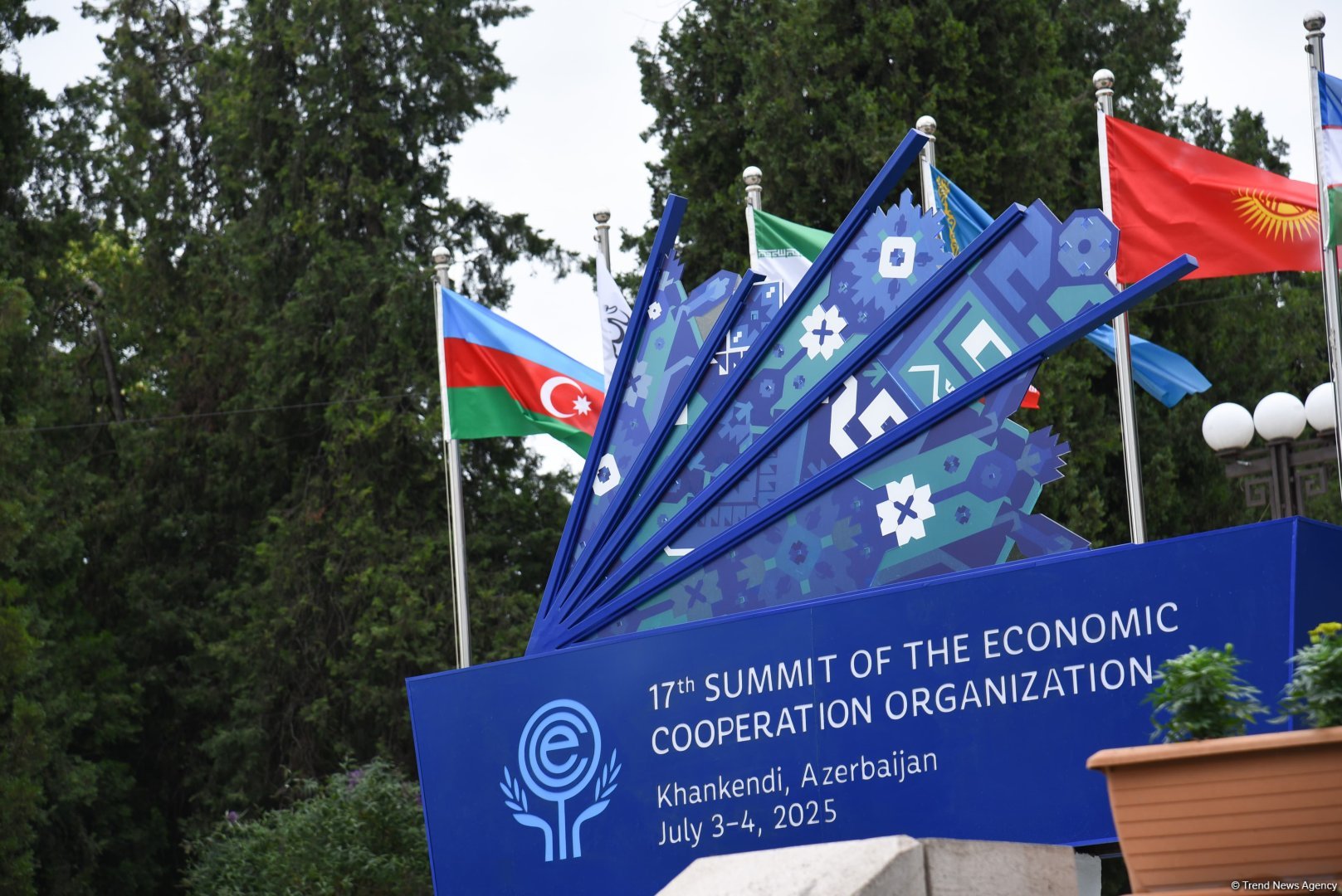Emerging multipolarity and Azerbaijan’s role in regional cooperation [ANALYSIS]
![Emerging multipolarity and Azerbaijan’s role in regional cooperation [ANALYSIS]](https://www.azernews.az/media/2025/07/14/comic_3.png)
By Sobia Khurshee | AzerNews
The global geopolitical landscape is in flux, where the post-Cold War order is shifting towards an emerging multipolar world. This rapid transformation is not only geopolitical, but it is also reshaping alliances and enhancing regional cooperation. In these evolving dynamics, many small and middle powers are emerging as vital players influencing regional and global outcomes.
In an era of great power competition, Azerbaijan has positioned
itself as an important actor in fostering regional stability and
cooperation.
Azerbaijan, a strategically positioned country at the crossroads of
Europe and Asia, is gaining significant attention in global affairs
owing to its multilateral diplomacy, focus on connectivity, and
fostering regional cooperation.
Azerbaijan has invested heavily in its ports, rail network, and critical infrastructure development to take advantage of its unique geographical position to become a key to various energy and trade corridors serving not only its national interest but also regional countries. As states are exploring ways to diversify global supply chains, Azerbaijan has great potential to be a logistical bridge between China to Europe via Central Asia and to Caucasus. In the wake of the Russia-Ukraine crisis, when Europe is making efforts to decrease energy dependency on Russia, the Southern Gas Corridor, a route for delivering Caspian gas to Southern Europe, has also elevated its position. The project, such as the Middle Corridor, Baku-Tbilisi-Ceyhan pipeline project, Lapis Lazuli Corridor, and the Trans-Anatolian Natural Gas Pipeline, is the cornerstone of Azerbaijan’s foreign policy. These initiatives have not only played a positive role in energy security and diversification of global supply chains but also have strengthened economic ties by promoting interdependence and peaceful relations between the states.

In addition to its energy diplomacy, the country is a hub for regional connectivity. Alat International Sea Trade Port and the East-West transport corridor, becoming part of the Belt and Road Initiative, is encouraging cooperation over competition in a fragmented world.
Azerbaijan recently hosted the 17th Summit of the Economic Cooperation Organisation (ECO) in Khankendi, under the theme “New ECO Vision for a Sustainable and Climate Resilient Future.” The leaders of Pakistan, Turkiye, the Central Asian Republics, and other distinguished delegates participated in a discussion on regional cooperation on issues of mutual concern. Multiple bilateral trade agreements were signed to boost economic cooperation within the ECO member countries.
The leaders discussed a range of issues, including economic integration, building climate resilience, and sustainable development. The participants reaffirmed their commitment to address common challenges and foster economic connectivity, enhancing intra-regional trade, and promoting climate-friendly societies. The summit pushed for clean and green energy, low-carbon emission corridors, and the promotion of a regional carbon market to deal with the challenges of climate change and create a sustainable future for the generations to come.
Azerbaijan’s approach is reconciliation, development, and peace through connectivity, cooperation, and shared interest.

Azerbaijan chose Khankendi, a symbolic destination, to underscore the country’s commitment to peace and development. It also signifies and solidifies its post-conflict confidence and regional influence. The chair of the summit, President Ilham Aliyev, underscored the importance of this symbolism and highlighted the rapid reconstruction to transform into a centre for economic and diplomatic engagement. The country has established vast opportunities for cooperation and reconciliation in the region after the resolution of the decade-old conflict in the 2020 Second Garabagh War. Initiatives such as the Zangazur corridor, a transport link to integrate Armenia, Azerbaijan, and Turkiye, can enhance economic interdependence and reduce the risk of future conflicts.
Azerbaijan’s foreign policy is deeply rooted in pragmatism, where it is making efforts to balance its relations with major powers such as Russia, China and the European Union, along with focusing on regional cooperation. In emerging multipolarity, states need to maintain strategic neutrality and avoid entanglement in great power competition. Azerbaijan’s leadership of the Non-Aligned Movement from 2019-2022 also set a good precedent for small states to navigate the challenges of emerging multipolarity.
------
The author, Sobia Khurshee, is currently serving as the Assistant Director at NUST Institute of Policy Studies, a leading university-based think tank in Pakistan. She is a former Visiting Faculty Member at the National Defence University (NDU).
Here we are to serve you with news right now. It does not cost much, but worth your attention.
Choose to support open, independent, quality journalism and subscribe on a monthly basis.
By subscribing to our online newspaper, you can have full digital access to all news, analysis, and much more.
You can also follow AzerNEWS on Twitter @AzerNewsAz or Facebook @AzerNewsNewspaper
Thank you!
